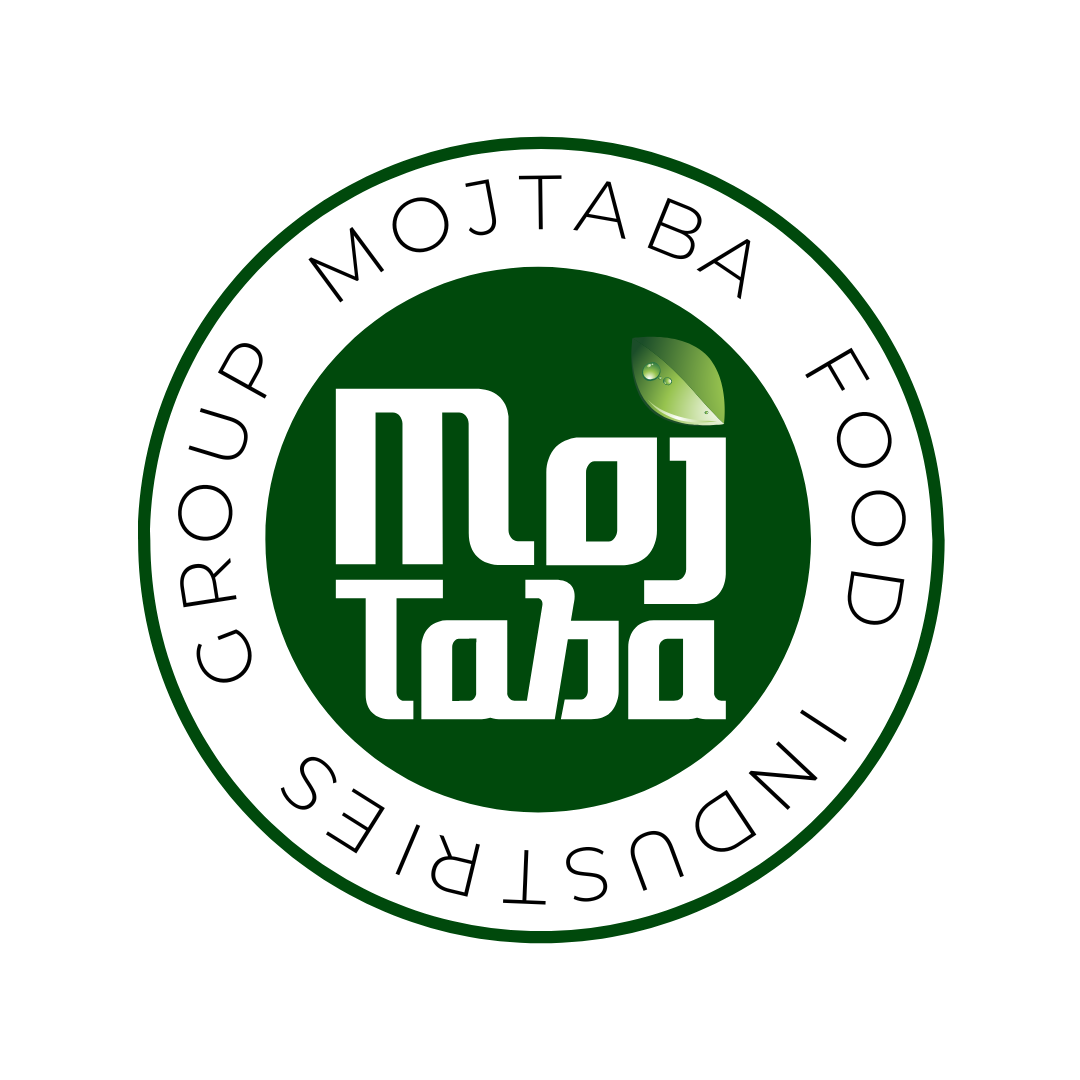Offer Online-Exclusive Products
In today’s competitive online market, offering unique or exclusive products can be a powerful sales driver. Private label brands can create product lines that are only available on e-commerce platforms or offer limited-time online deals.
This strategy not only helps to differentiate products from competitors but also taps into the growing demand for exclusive, limited-edition products, encouraging consumers to make a purchase.
Leverage Data Analytics for Personalised Marketing
E-commerce platforms offer data that private label brands can use to their advantage. According to NielsenIQ, by tracking consumer behaviour, preferences, and purchase patterns, your business can gain invaluable insights into what drives sales. Data analytics can help identify trends, predict future demand, and optimise product offerings. Using this data can help your business to provide personalised shopping experiences, offering recommendations based on browsing history, purchase behaviour and location.
For example, tracking a customer's past purchases might suggest complementary products or offer discounts on items they have shown interest in. This type of targeted marketing creates a more engaging shopping experience, leading to higher conversion rates.





)
)
)
)
)
)
)
)
)
.png/fit-in/500x500/filters:no_upscale())
)
)